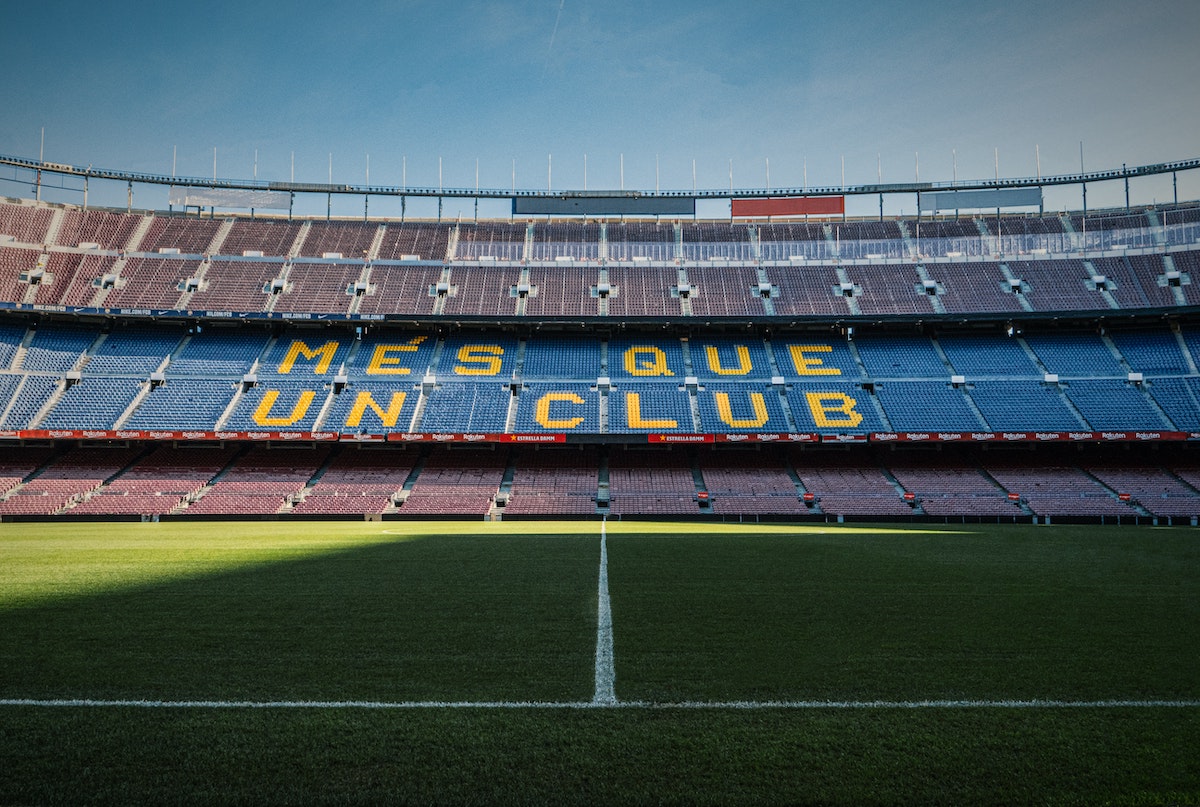As of Monday, Jan. 21, FC Barcelona featured in one of the strangest headlines of 2019. In lieu of forward Munir El Haddid leaving to Sevilla, Barça signed veteran forward/midfielder Kevin-Prince Boateng on loan from Sassuolo of the Serie A. On the surface, this move makes little to no sense. Looking at the transaction closely, however, you start to think maybe those Barcelona execs are on to something.
Boateng has floated between the attacking lines throughout his career for both club and country. Despite being heavily involved in the attack, Boateng has only finished one season with 10 goals. Coincidentally, that one season was Boateng’s sole La Liga campaign with Spanish minnows Las Palmas.
Though he may not provide goals, Boateng is a top contributor to successful attacks on a regular basis. In nine of his 15 seasons in top flight soccer around Europe, his club placed in the top six in goals scored. Boateng made at least 15 league appearances in seven of those nine seasons. In layman’s terms, a solid Kevin-Prince Boateng presence brings a fairly potent attack.
During his last stint in Spain, the Ghanaian forward scored in a 3-3 draw against Real Madrid in the Santiago Bernabéu. This notch in Boateng’s CV not only bodes well for Barça fans, it also backs up his desire to score in El Clásico. The question going forward is what will Boateng do for Barcelona. What can he do?
Boateng provides a balance of versatility and size. His experience in midfield has sharpened his passing and dribbling abilities. Important for Barcelona, he also contributes a strong threat in the air. Barcelona is incredibly deep in midfield talent, which will probably force Boateng to be utilized more as a physical forward than a midfielder. The last time Barça had a player in this role was in 2009-2011 with Zlatan Ibrahimović. Those two seasons were the two lowest scoring seasons for the Blaugrana in the last 11 years.
Initial omens guide this move towards the “bust” end of the spectrum, but there’s a distinct difference in favor of Boateng. There’s no doubting Ibrahimović’s athleticism, but Boateng’s ability to drop back and create plays gives him the edge in overall utility. Boateng’s game fits within the Barça system a bit better than the Swede’s.
Barcelona has taken chances on good players from small clubs before, with all permutations of results. Boateng has the opportunity to leave a legacy more resembling Paulinho than Juan Román Riquelme. As peculiar as the transfer is, the investment is worthwhile for Barça. Amid the numerous rumors in regards to summer transfers, the Blaugrana will only need him for the rest of this season.
The most important variable in this signing could be Boateng’s presence in the UEFA Champions League. Regardless of the five goals in 33 career Champions League games so far, the change in Barcelona’s methods of attack could aid them in their European campaign.
Valverde’s men have a somewhat firm grip on La Liga, so the club looks to be focusing on returning to European glory. Barça haven’t won the prestigious trophy since 2015, which is especially bitter since rivals Real Madrid have won the last three.
Ultimately, the key to the success of the moveis Boateng tapping into his versatility on the ball in the attack. So long as he holds his own with finishing, he won’t have to worry about a lack of goals from his teammates. Until Boateng proves himself consistently, this headline will remain high on the list of transfer market anomalies.

